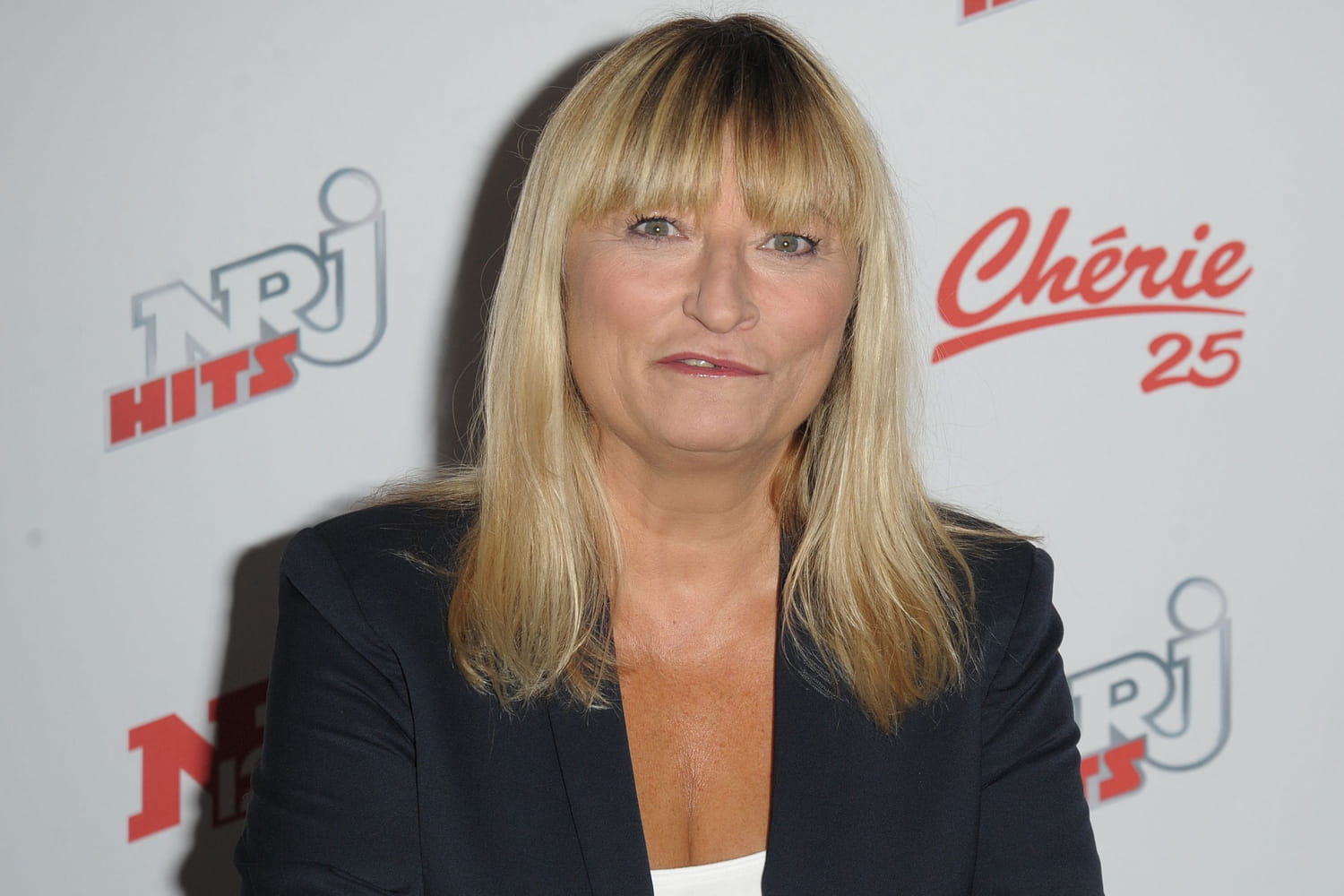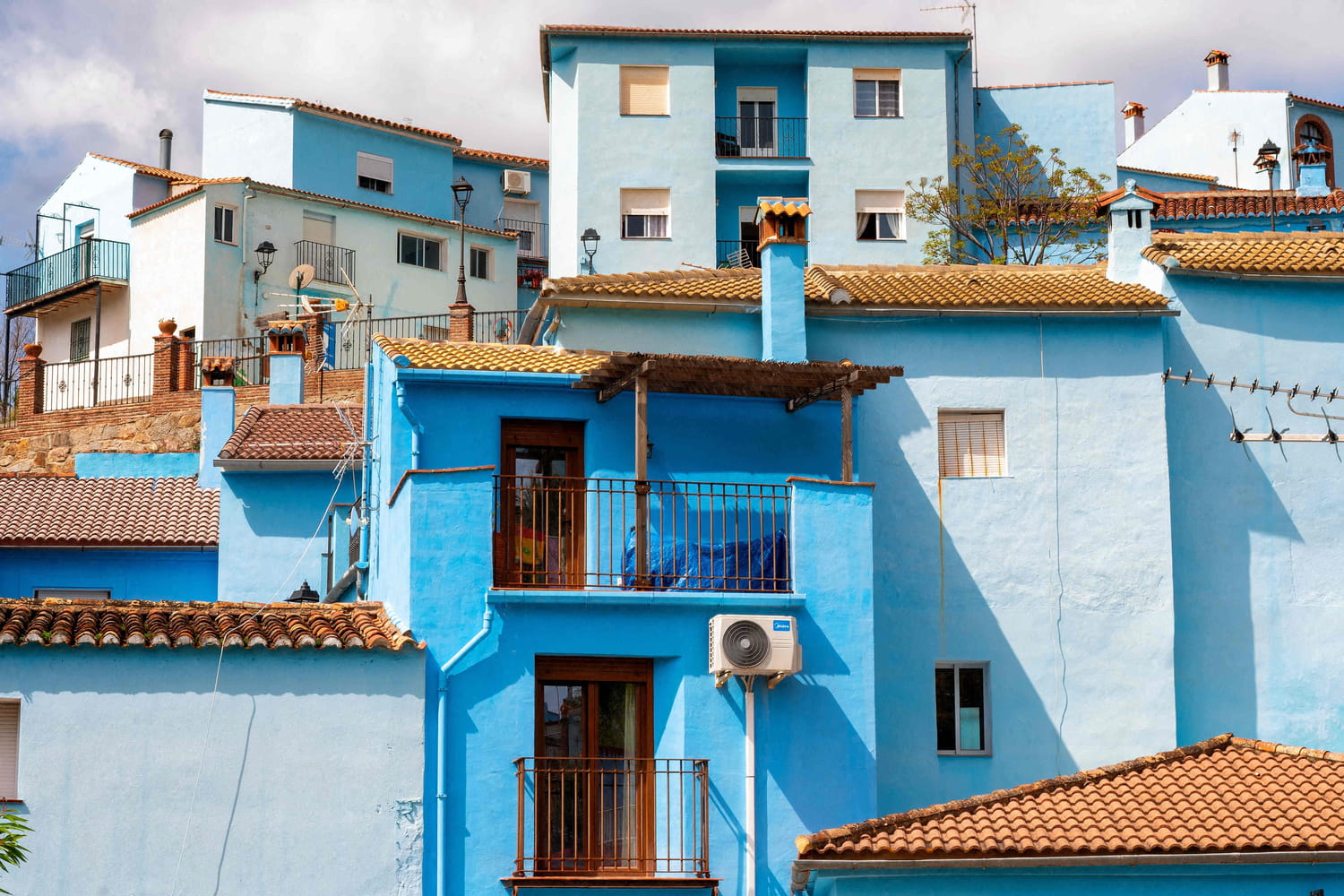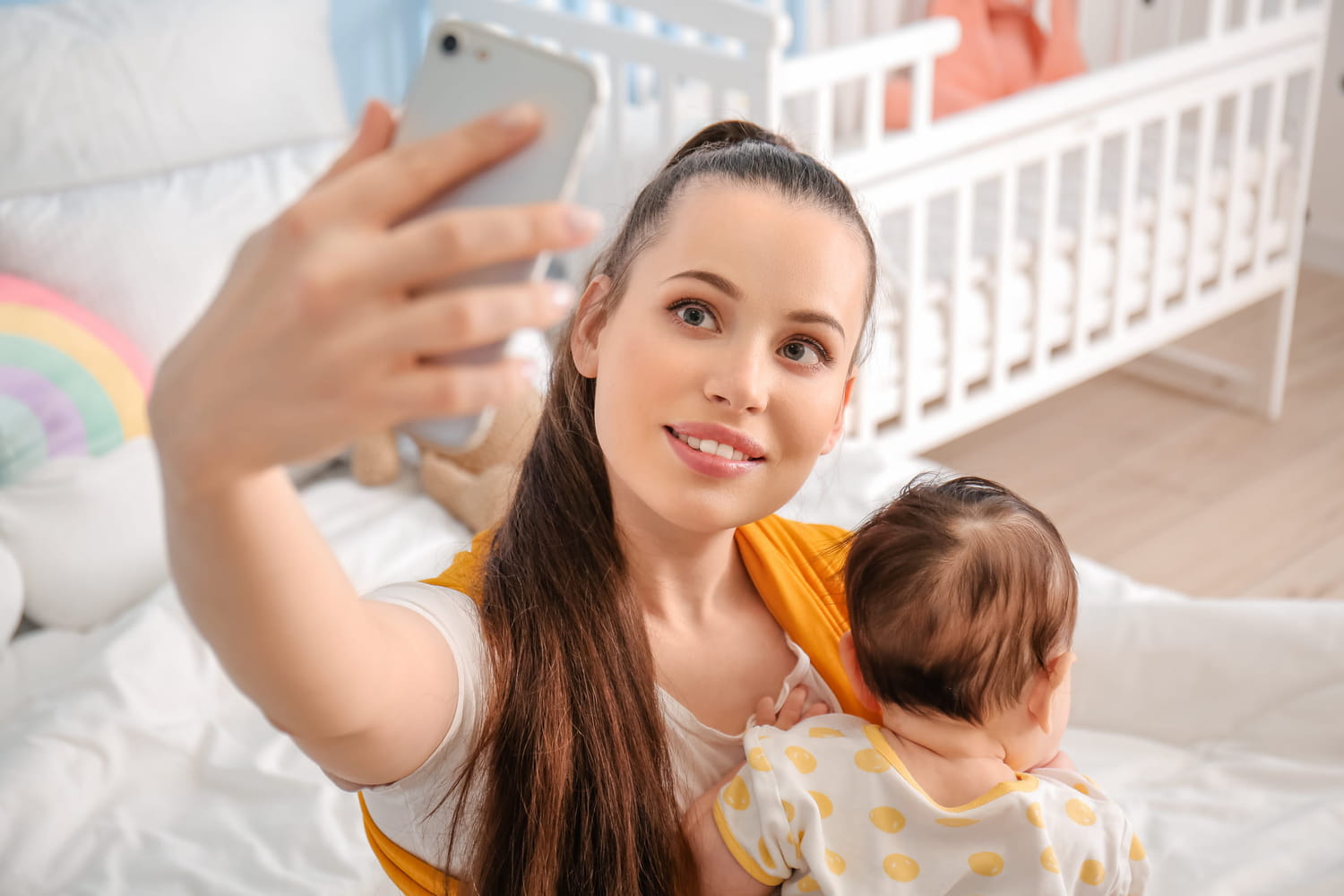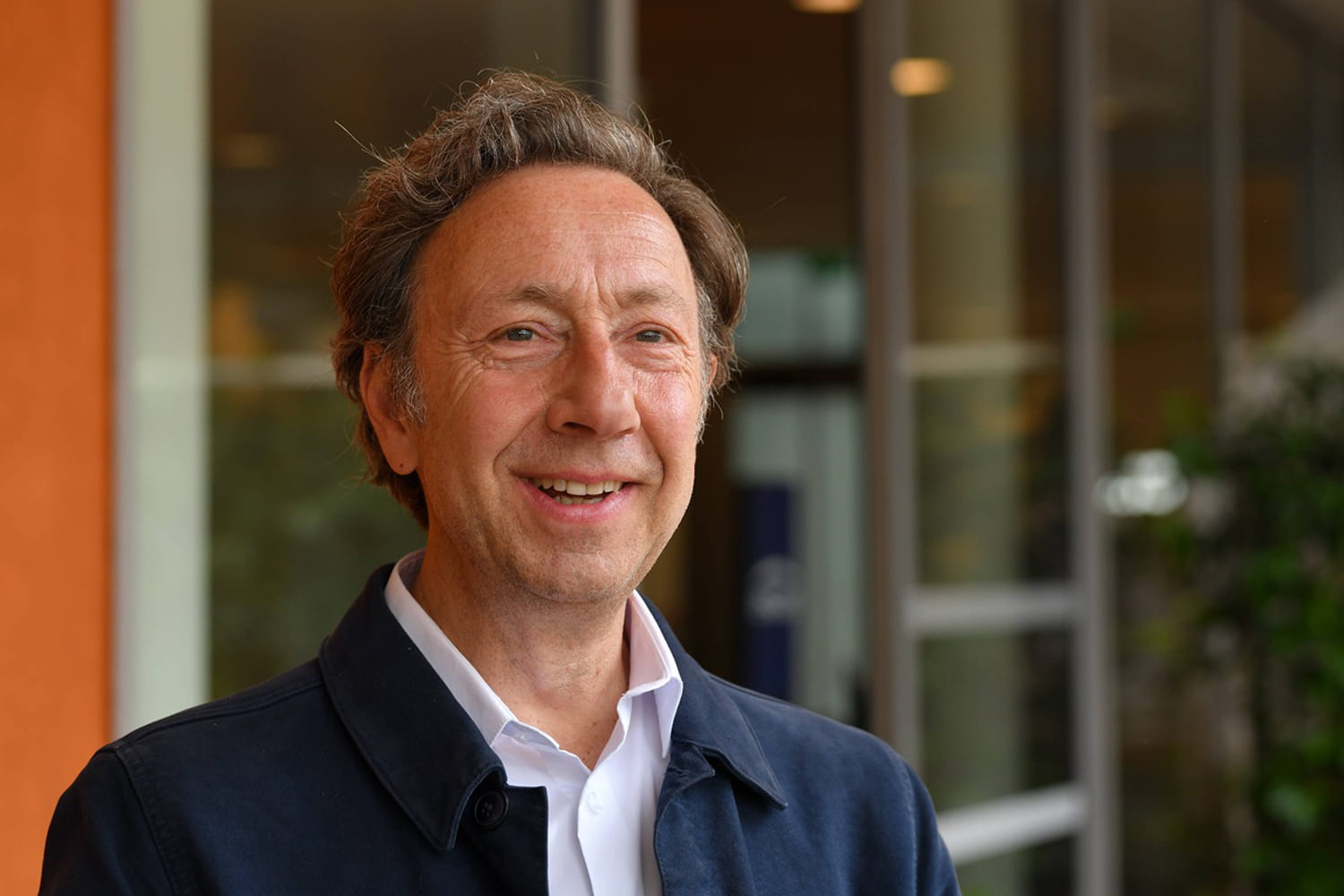Posting photos of online children may seem trivial, but the authorities strongly advise against this practice. The consequences can be very serious. Decryption with psychologist Michaël Stora.
Posting images of children on social networks has become commonplace. However, this practice, called “share“, must alert. The term, contraction of English words sharing (” share “) and parenting (” parenting “), designates the fact of broadcasting photos or videos of his children online, in particular on Facebook, Instagram or Tiktok. In a column published on August 10 in the Sunday gallery, Clara Chappaz, delegated minister responsible for AI and digital, warns the risks for children. Accepted: parents are posting, often without thinking about it, pictures of their children in a swimsuit or partially bare.
Shareing figures in France and worldwide
According to figures from the Observatory of Parenting and Digital Education (OPEN), published on March 2, 2023, In France, 53% of parents have already posted content on their childand 91% of them did it between the birth and the 5 years of the child. Clara Chappaz, Minister Delegate in charge of AI and Digital, recalls that “”Near one in two image found on pedocriminal forums comes from photos published freely on social networks by loved ones themselves“”according to the National Center for Missing and Exploited Children.
“A British study (Opinium study, editor’s note) reveals that at 13, a child has an average of 1,300 publications about him, most of them put online by his parents “, also underlined the minister.
What are the dangers of sharenting for children?
THE dangers of sharenting are real and numerous. Photos or videos of children, innocently posted by parents, can be diverted by malicious people. According to data from National Center for Missing and Exploited Childrentaken up by the association L’Enfant Bleu, 50% of photos published on child pornography forums are images taken by parents and publicly shared on their social networks. These images can also be used to usurp an identityfuel cyberbullying or circulate in globalized pedocriminal networks.
Once online, they can be cropped, modified, and integrated into illegal databases. And with the rise of generative AI, automatic recovery of data and facial recognition, a photo posted today can reappear in a dangerous context, years later. Faced with this scourge, the Minister recalls an essential right: protecting her children is also preserving their image online and respecting their right to image and intimacy, even when they cannot yet express themselves.
The association L’Enfant Bleu recommends Limit as much as possible the publication of photos or videos of children on social networks. If you choose to share it, Reduce their visibility By correctly configuring the confidentiality settings: on Facebook, select “Friends” or “Me only”; On Instagram, activate the “private account” in “confidentiality of the account”; On Tiktok, choose “Who can watch this video” before publishing.
Psychologist Michaël Stora recommends request the opinion of the childas soon as he is in age, before any online of his image, and to favor a sharing in a limited framework: “I rather advise them to favor the private or facebook private groups where they can control who can see the photo. It is a good way to exchange in a limited setting”he explains. Finally, he invites parents to show an examplebecause publishing massively does not prepare the child to distinguish what may or may not be disseminated on the internet.
What does this overexposure of children on the Internet translate by their parents?
Immortalizing moments of life and sharing them with his loved ones is a legitimate approach. But publishing massively on social networks is different :: “Facebook or Instagram are showcase social networks on which there is a democratization of the idealized image. In other words: we are not going to put any photo there, to value ourselves and show a positive image of his life”explains the specialist. The child then becomes “A parental narcissistic extension, even a form of trophy”.
This phenomenon can also translate a narcissistic fragility: for some, an unpotted and unrelated event seems not to exist. “Indeed, these publications are constantly liked and commented. Recognition thus becomes proportional to the number of likes or other reactions … It is permanent judgment”he denounces.
Even logical on certain YouTube channels, where the daily life of children is staged, sometimes to generate income. “In this context, psychic links are not very healthy insofar as some parents have objectives of many views or blue inches”underlines the expert.
Thank you to the psychologist Michaël Stora, also co-founder of the Digital World Observatory in Human Sciences (OMNSH).
- Exposing your child on the networks is not always giving him a gift… Open (March 2, 2023). : https://www.open-asso.org/actualite/2023/03/expose-son-enfant-sur-les-reseaux-ce-nest-pas-toujours-lui-faire-un-cadeau/
- Parents, configure your social networks well is to protect your children. The association L’Enfant Bleu. : https://enfantbleu.org/association.








